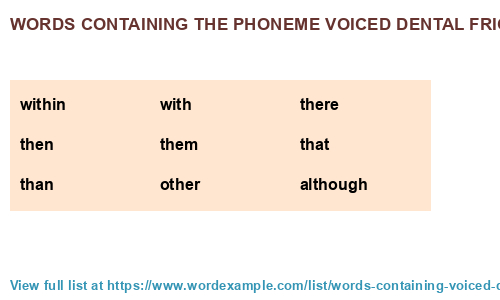


For example, the volitive interjection “shh” or “shush” is used to command someone to be quiet. Volitive interjectionsĪ volitive interjection is used to give a command or make a request. Examples: Secondary interjections in a sentence Goodness! That was a close one.Īwesome! Do that trick again.
Words containing phew for free#
Use the best grammar checker available to check for common mistakes in your text.įix mistakes for free Secondary interjectionsĪ secondary interjection is a word that is typically used as another part of speech (such as a noun, verb, or adjective) that can also be used as an interjection. Examples: Primary interjections in a sentence Ugh! That’s disgusting. As such, while they sometimes have standard spellings, a single interjection may be written in different ways (e.g., “um-hum” or “mm-hmm”). Primary interjections are typically just sounds without a clear etymology. Primary interjections do not have alternative meanings and can’t function as another part of speech (i.e., noun, verb, or adjective). Examples: Sentences with and without interjectionsĪ primary interjection is a word or sound that can only be used as an interjection. Examples: Uses of interjections Phew!Īs interjections are a grammatically independent part of speech, they can often be excluded from a sentence without impacting its meaning. Interjections can be either a single word or a phrase, and they can be used on their own or as part of a sentence. Interjections add meaning to a sentence or context by expressing a feeling, making a demand, or emphasizing a thought. How are interjections used in sentences?.


 0 kommentar(er)
0 kommentar(er)
